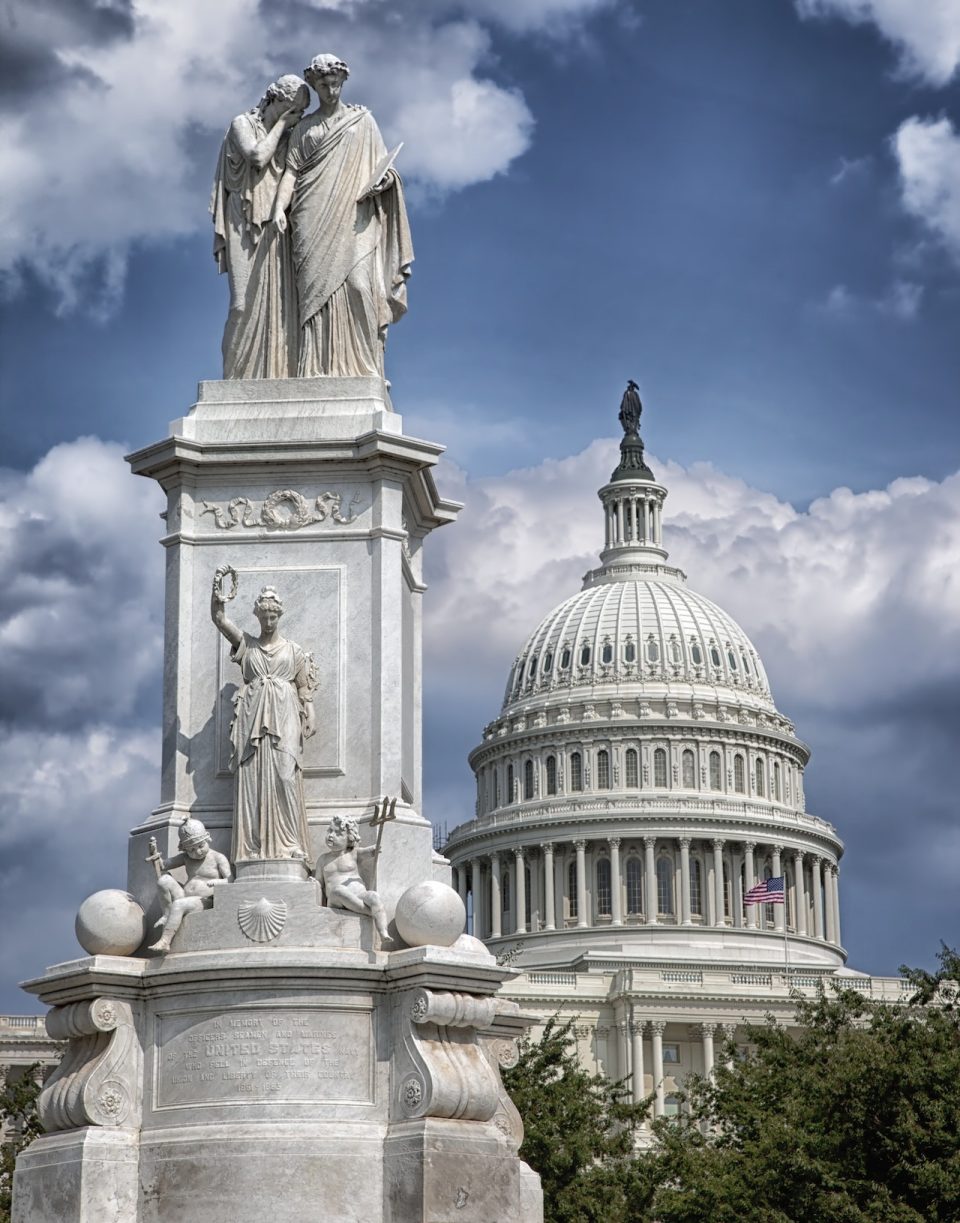In the event of an impending government shutdown, the Biden administration has confirmed that a crucial flow of economic data will abruptly cease, potentially affecting economic decisions through to the Federal Reserve’s next interest-rate determination in November.
According to a newly unveiled contingency plan, the Bureau of Labor Statistics (BLS), a linchpin in the government’s data network, is poised to “completely cease operations,” prompting its 2,350 employees to be sent home. This would entail the postponement of the September jobs report, slated for release next Friday, and the Consumer Price Index (CPI) reading scheduled for October 12, as confirmed by a White House official to Yahoo Finance.
Simultaneously, the Commerce Department’s Bureau of Economic Analysis (BEA), another vital source of government data, plans to halt operations and retain only 10 staff members during a shutdown. This agency is responsible for publishing the Personal Consumption Expenditures price index, widely recognized as the Federal Reserve’s favored gauge of inflation, as well as releasing estimates of gross domestic product.
Additional data, including weekly unemployment insurance claims and various statistics from the Census Bureau, are also poised for temporary postponement should Capitol Hill remain in deadlock. This encompasses data pertaining to the economic census, economic indicators, and the American Community Survey.
The impending information shutdown carries far-reaching implications, impacting economists both within and beyond the Federal Reserve who closely monitor economic trends. Even Social Security beneficiaries may feel repercussions in adjustments to their 2024 benefits down the line.
Traditionally, elements of September’s CPI report serve as the definitive data point for the Social Security program’s annual cost-of-living adjustment, announced each October. In a contingency plan released last month, the Social Security Administration revealed that three of its 50 actuaries would remain on duty during a shutdown to finalize the cost of living adjustment. However, the agency’s course of action regarding adjustments during a shutdown remains uncertain.
Despite the uncertainty, Americans can expect uninterrupted receipt of Social Security checks and access to basic services. These functions are safeguarded from annual appropriations, although certain Social Security Administration operations rely on yearly Congressional funding, putting employees at risk of furloughs.
Anticipated adjustments in next year’s cost of living are expected to be markedly lower than the increase seniors experienced in 2023 due to a cooling inflation rate.
Meanwhile, economists at the Federal Reserve are bracing for potential disruptions. Although private data will continue to flow, a slowdown in government data could limit the central bank’s informational resources as it deliberates on forthcoming interest rate strategies.
Federal Reserve Chair Jerome Powell acknowledged last week that the central bank is “awaiting further data” regarding potential rate hikes by year-end. Responding to inquiries about a potential data shortage, Powell emphasized the need to adapt to the situation.
Contingencies for the next Fed meeting, commencing on October 31, with an interest rate decision expected the following day, remain contingent on the duration of the impending shutdown. A brief stoppage may permit a swift resumption of data collection and releases. However, a prolonged funding gap could jeopardize both the timing and feasibility of data collection, leaving numerous government employees in limbo.
With lawmakers at an impasse, Goldman Sachs recently estimated the likelihood of a shutdown this weekend at a substantial 90 percent. The nation watches with bated breath as economic data hangs in the balance amidst the looming fiscal gridlock.
In conclusion, the looming threat of a government shutdown, as confirmed by the Biden administration, casts a shadow over the reliable flow of critical economic data and raises concerns about its potential impact on Federal Reserve decisions. As lawmakers grapple with their differences, the economic stability of the nation remains at stake, emphasizing the urgency of a resolution to avert the impending crisis.
Source: Yahoo Finance

